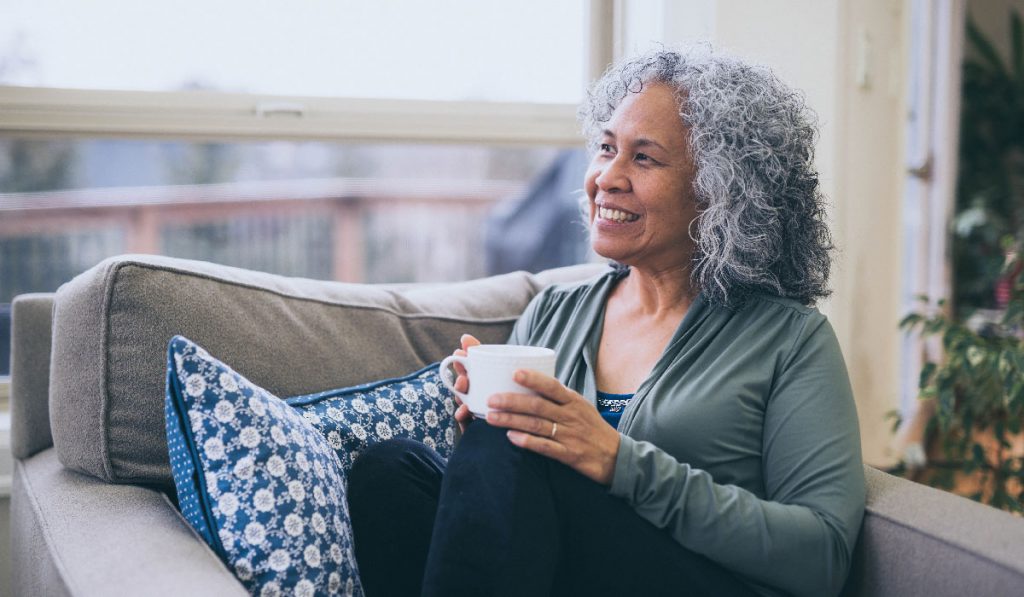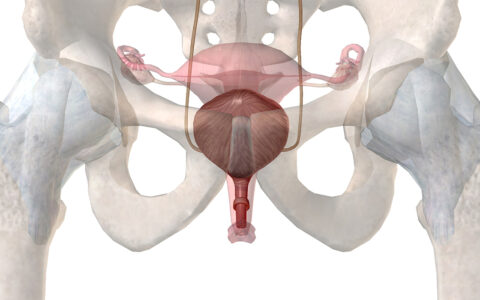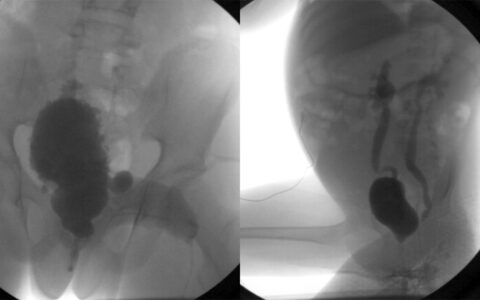Interstitial cystitis/bladder pain syndrome (IC/BPS) is thought to affect anywhere from 3 to 8 million women and 1 to 4 million men in the U.S. Emotional suffering, including anxiety, panic, depression and suicidality, is common in IC/BPS and known to make physical symptoms worse. Although the American Urological Association (AUA) treatment guidelines recommend self-management therapies as a first-line intervention for IC/BPS, these recommendations are underutilized.
“Many facets of IC are outside the urologist’s sphere,” said Stuart Reynolds, M.D., associate professor of urologic surgery and Medical Director of the Interstitial Cystitis Clinic. “The nature of the disease is that it can be difficult to manage, so often urologists don’t want to treat patients long term. Integrating the psychological components of treatment is an important step in developing more effective care.”
Introducing Psychological Interventions for IC/BPS
“Patients living with a lifelong disease need options besides medication.”
A handful of clinics in the U.S. are exploring multidisciplinary models to offer more comprehensive IC/BPS care. Vanderbilt’s clinic, established in 2017, approaches care from an integrative perspective, formulating individualized treatment plans with patients that incorporate urological, psychological, nutritional and physiological treatments, including cognitive behavioral therapy.
“Patients are told ‘there’s nothing we can really do’ and they start to feel hopeless,” said Lindsey McKernan, Ph.D., assistant professor of psychiatry and behavioral sciences, physical medicine and rehabilitation at Vanderbilt. “On the first visit, we try to give them hope back by going through the different treatments we can explore.”
McKernan, who has expertise in treating co-occurring medical and mental health conditions, began seeing IC patients when they were referred to Vanderbilt’s Osher Center for Integrative Medicine for help managing chronic pain. McKernan treats patients at the Interstitial Cystitis Clinic along with Reynolds and nurse practitioner Rochell S. Burton. Patients learn stress reduction, relaxation, clinical hypnosis, mindfulness and other techniques to manage their condition and provide a greater sense of control over symptoms.
“Patients living with a lifelong disease need options besides medication,” Burton said. “The opportunity for the medical side and the integrative side to work together has been very rewarding.”
Evaluating the Impact of Psychosocial Factors and Interventions
In early 2018, Reynolds and McKernan — along with a team of Vanderbilt colleagues from urology, rheumatology and bioinformatics — published a review of the existing literature to evaluate the prevalence and impact of psychosocial factors on IC/BPS, assess baseline psychosocial characteristics, and offer recommendations for assessment and treatment.
The study demonstrated the magnitude of psychosocial difficulties, which fell into areas of clinical concern for 7 out of 10 measures. While more research is needed, the evidence from 34 studies supported the AUA recommendation that self-management interventions may help in treating IC.
McKernan is beginning a grant-funded clinical trial to develop, optimize, and evaluate a patient-centered self-management intervention for IC/BPS. The study, which starts recruiting in the summer of 2020, seeks to: 1) obtain pilot data that compares the effectiveness of integrating self-management interventions into standard care with control, and 2) determine whether patient phenotype influences treatment response to a self-management intervention.
“We don’t know the profile of the best patient for self-management, and patient sub-groups respond differently to treatment,” said Reynolds. “We’d also like to reach people earlier in their disease to keep their symptoms from getting worse.”
The clinic is adding systems to better evaluate patient outcomes including bladder pain, quality of life and emotional well-being. “With the data we’ll be obtaining, we should understand much better who will benefit most from this approach,” McKernan said.






